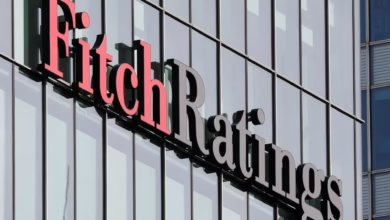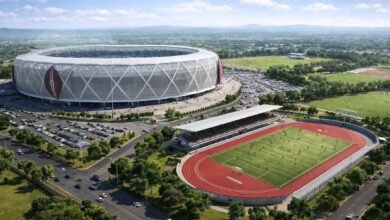
Kenya and Uganda have officially initiated discussions to extend the petroleum products pipeline from Eldoret to Kampala.
Last week, Uganda’s Minister of Energy and Mineral Development, Ruth Ssentamu, met with officials from Kenya’s Ministry of Energy, led by State Department for Petroleum PS Mohammed Liban.
The delegation also toured the Kenya Pipeline Company (KPC) headquarters.
KPC Managing Director Joe Sang highlighted the strategic importance of extending the pipeline to Uganda for Kenya, aiming to regain its competitive edge in the petroleum export market amid Uganda’s new importation strategy.
“KPC is open and willing to collaborate with the Ugandan government to lay the Eldoret – Malaba pipeline,” he said.
The project involves constructing a multi-product oil pipeline from Eldoret to Malaba (Kenya-Uganda border).
Uganda will be responsible for building the connecting line to Kampala, with potential future expansions to Kigali, Rwanda.
Also Read: Uganda Begins Direct Importation of Fuel Via Port of Mombasa
During her Nairobi visit, Mrs. Ssentamu said the trip was focused on planning and preparing for the project kickoff, as well as understanding Kenya Pipeline’s operations, infrastructure, and human capacity.
This initiative follows Uganda’s recent shift to independent fuel imports, which began in early July, ending its reliance on Kenya for refined petroleum products.
Under a new agreement between the Uganda National Oil Corporation (UNOC) and Vitol Bahrain, Uganda aims to secure more competitive fuel prices while still using Kenya’s Port of Mombasa and KPC’s infrastructure to transport these products to Western Kenya depots in Eldoret and Kisumu.
The pipeline concept was initially proposed in 1995 through a Memorandum of Understanding between Uganda and Kenya. It was revisited in May 2024 after a feasibility study funded by the European Investment Bank confirmed the project’s viability.
“We have obliged our respective Ministers to take joint urgent measures to mobilize resources for the implementation of this regional shared infrastructure and report on progress by the end of 2024,” said President William Ruto in May this year when he hosted his Ugandan counterpart – Yoweri Museveni in Nairobi.
To ensure the project’s success, both countries have agreed to appoint a joint committee to oversee quality control and resource mobilization, with progress reports expected by the end of 2024.





